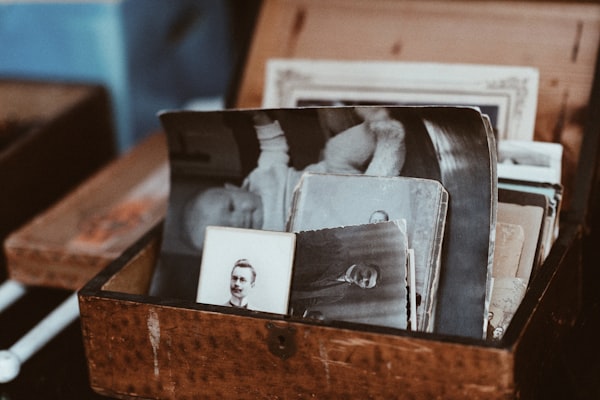
Grammar
Reported Speech
Mastering Reported Speech: A Beginner's Guide Reported speech, also known as indirect speech, is a fundamental concept in English that allows you to recount what someone else has said without using their exact words. 1. What is Reported Speech? When we want to tell someone what another person




